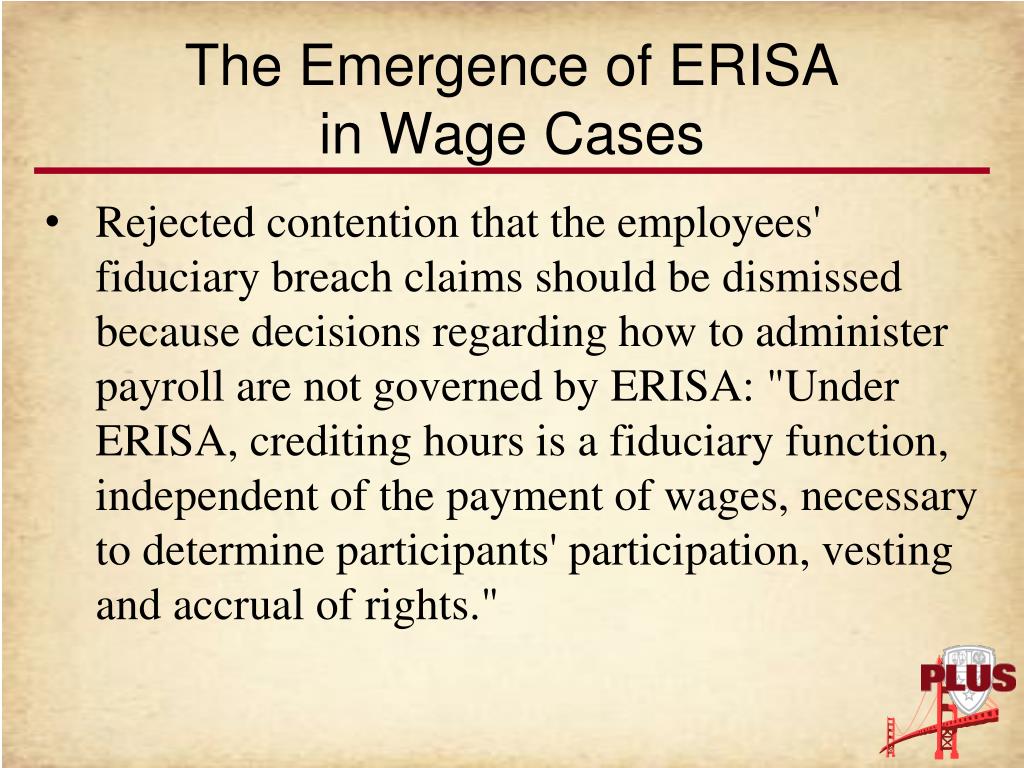

An ERISA fiduciary must discharge its duties prudently, solely in the interests of plan participants and beneficiaries, and for the exclusive purpose of providing benefits to participants and beneficiaries.Īn ERISA fiduciary must also avoid direct or indirect plan transactions involving “parties in interest” and conflict of interest transactions (referred to as “prohibited transactions”). An ERISA fiduciary is anyone who has, or exercises discretion over the assets of an ERISA plan. If an investment fund is deemed to have plan assets, the general partner or managing member of the fund will become an ERISA fiduciary to its ERISA plan investors and subject to the ERISA fiduciary standard of care.Ĭongress adopted ERISA’s fiduciary standard of care to safeguard the investment of retirement assets, and in doing so, made ERISA fiduciaries subject to the highest standard of care under the law.
#LOOKTHROUGH ISSUES ERISA HOW TO#
Therefore, it is critical, private equity fund managers understand the plan asset rules, including how to be exempt from them, and the unique interests of ERISA plan investors.

But ERISA plan investors are subject to a statutory and regulatory regime that imposes a very high standard of care (the “fiduciary standard of care”) and a number of prohibitions in connection with the investment of ERISA plan assets.ĭepending on a fund’s structure and operations, the unwary private equity manager of a fund with ERISA plan investors can find itself an ERISA fiduciary, subject to many of the same stringent rules that apply to ERISA plans. As a result, many private equity funds seek ERISA investors.

Pension funds subject to the Employee Retirement Income Security Act of 1974, (“ERISA”) serve as a significant source of institutional capital for the private equity market.


 0 kommentar(er)
0 kommentar(er)
